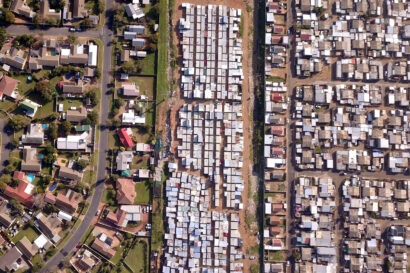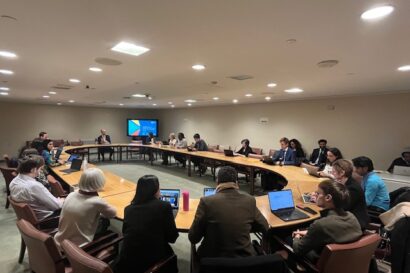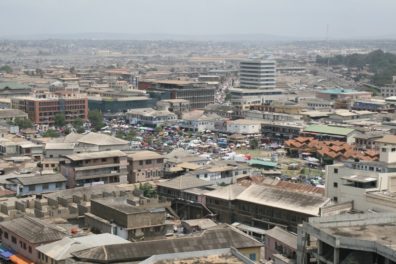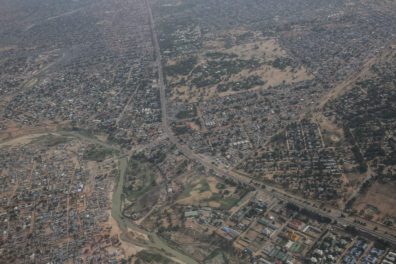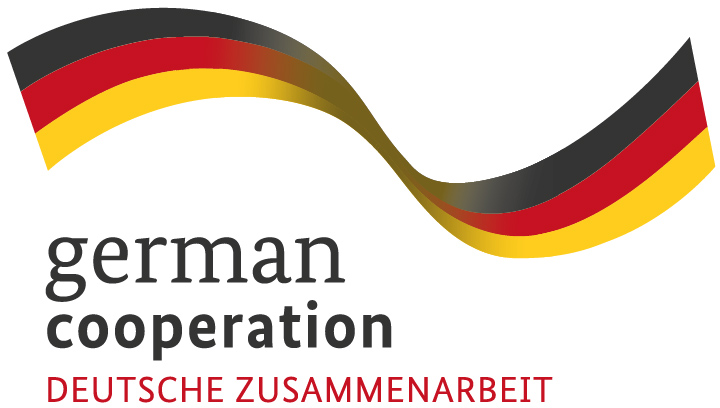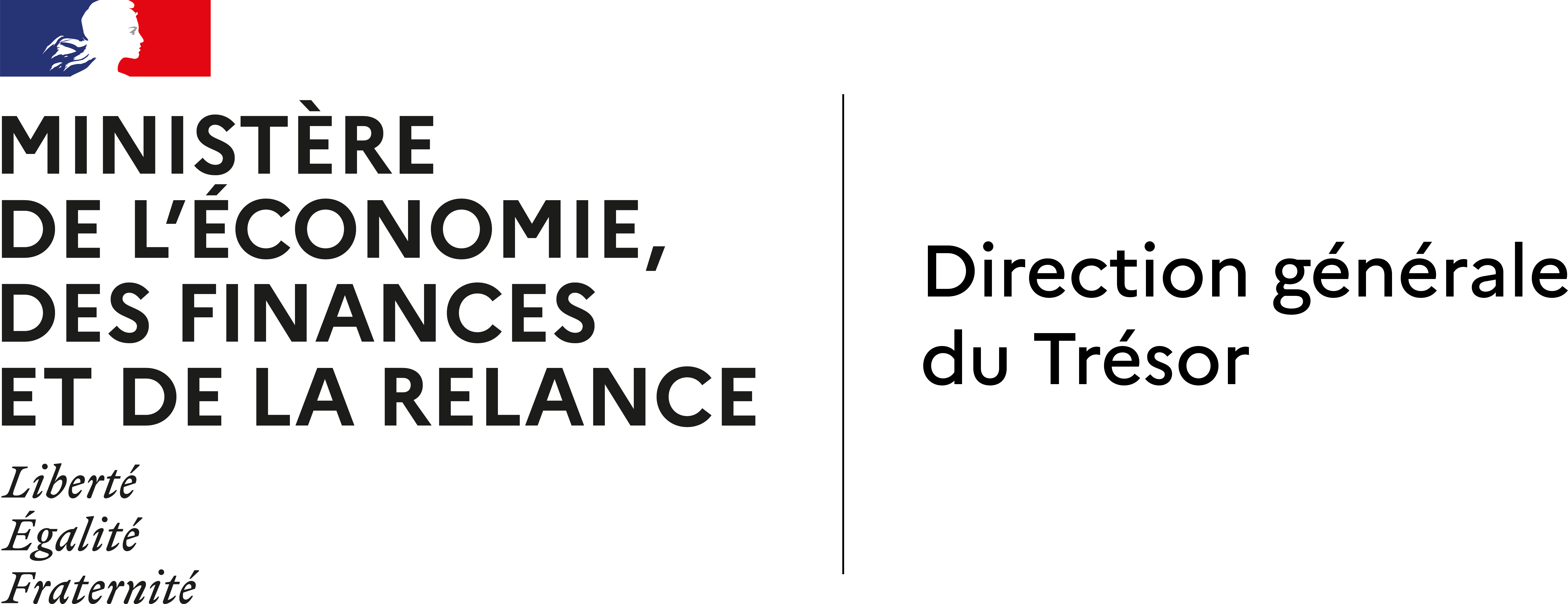Local Government Revenue Initiative (LoGRI)
Cities in the Global South need significant revenue to build infrastructure and provide local services. However, efforts to collect taxes, particularly on property, are often ineffective and inequitable.
LoGRI supports governments in raising local revenue more fairly and in ways that promote trust, transparency, and accountability. We do this by:
- Partnering with governments to provide hands-on support and advice
- Conducting collaborative, applied research to inform reform projects
- Developing operational tools, including technology solutions
- Delivering skills training to develop local capacity
We also engage with regional and international stakeholders on local financing issues, to share insights and shape policy.
To learn more about LoGRI’s work, visit logri.org.




